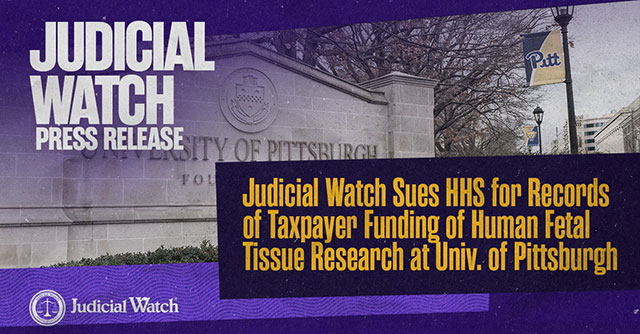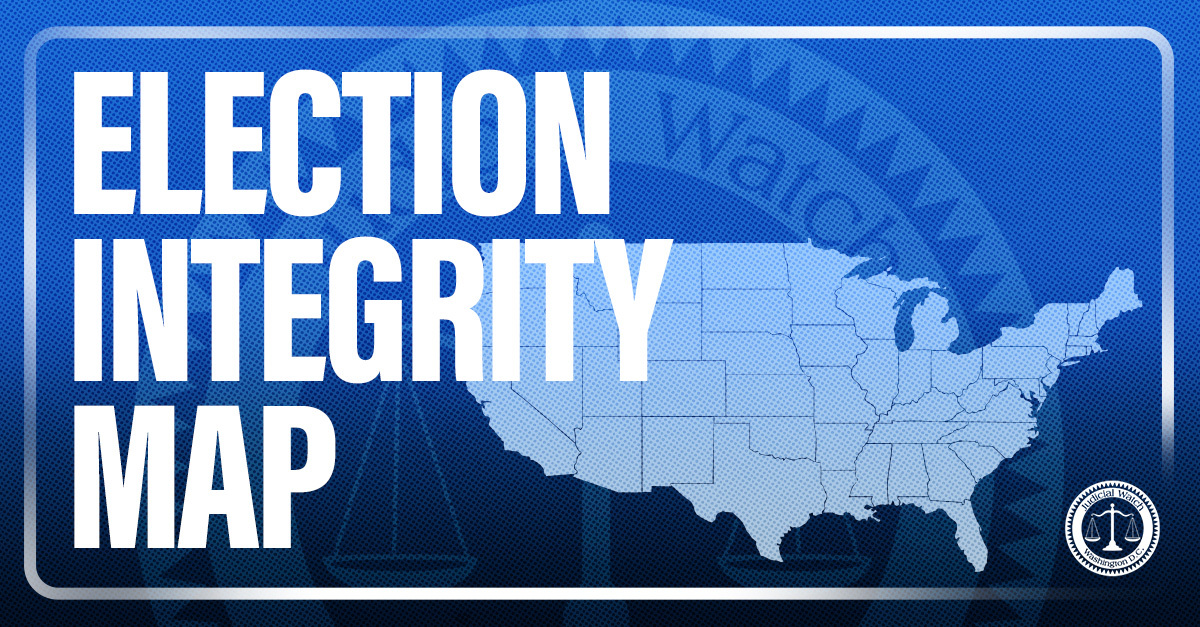
Taxpayers Stuck With Billions In TARP Losses
While the Obama Administration laughably claims that its disastrous bank bailout has turned a profit, a federal investigation reveals this week that hundreds of small financial institutions can’t afford to repay the government loans and its costing U.S. taxpayers tens of billions of dollars.
This is hardly earth-shattering news considering the well-documented history of the $700 billion Troubled Asset Relieve Program (TARP), the president’s brilliant idea to rescue the nation’s ailing financial institutions. Instead, it’s turned out to be a troubling experiment of U.S. tax dollars with virtually no oversight.
In the last few years a variety of federal probes have documented that TARP is severely mismanaged and that its rife with waste and abuse. In fact, a 2009 TARP Inspector General report revealed that dozens of criminal investigations had been launched into the controversial bailout experiment and that the risk would only grow. The probes have centered on securities fraud, tax law violations, mortgage modification fraud and insider trading involving recipients of the federal money.
A separate audit—by the Congressionally-created panel charged with overseeing the Treasury’s actions—divulged that the government actually paid collapsed mortgage giants Fannie Mae and Freddie Mac $240 million to help “administer” TARP. Think about it! These are the scandal-plagued mortgage companies that were seized by the government in 2008 getting millions more from taxpayers to “administer” yet another fraud-infested federal program.
This week the Special Inspector General for TARP revealed that the monstrous bailout program’s losses stand at about $60 billion and that financial institutions owe Uncle Sam a whopping $118.5 billion. Furthermore, hundreds of small banks can’t afford to repay the federal bailout loans so taxpayers will get stuck with the exorbitant tab, according to the TARP inspector general. Just last month the Congressional Budget Office (CBO) estimated that TARP would lose $32 billion.
TARP’s IG disclosed the latest figures to Congress in a 330-page report that outlines the bailout’s monumental failures. “It is a widely held misconception that TARP will make a profit,” the IG writes in the report. It goes on to say: “While TARP and other government responses to the financial crisis may have prevented the immediate collapse of our financial and auto manufacturing industries, and improved stability since 2008, the trade-off is not without profound long-term consequences.” A significant legacy of TARP is increased moral hazard and potentially disastrous consequences associated with institutions deemed ‘too big to fail.”’
Judicial Watch has been a frontrunner in investigating the administration’s handling of the nation’s financial crisis and has sued the U.S. Treasury Department to obtain records related to evaluation procedures used by the government to determine which financial institutions get TARP funds. As a result of the ongoing probe, JW obtained documents involving a controversial $12 million bailout grant provided to an unqualified Boston bank at the behest of California Congresswoman Maxine Waters and Massachusetts Congressman Barney Frank.

















